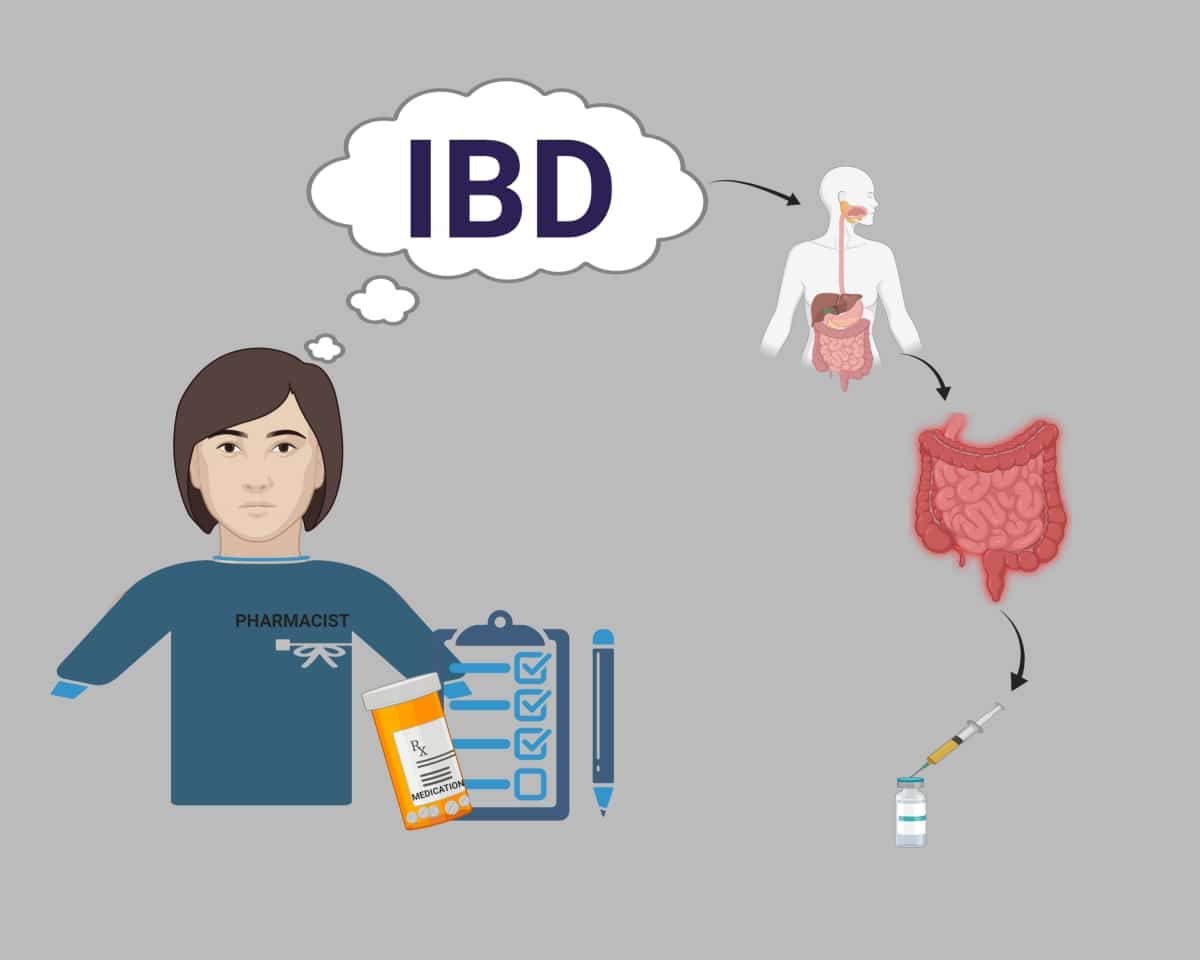
A recent study published in Pharmacy has revealed that while pharmacists were often the first point of contact for patients with initial symptoms of inflammatory bowel disease (IBD), many of these health professional lack confidence about managing patients with the condition.

A recent study published in Pharmacy has revealed that while pharmacists were often the first point of contact for patients with initial symptoms of inflammatory bowel disease (IBD), many of these health professional lack confidence about managing patients with the condition.
Lead author Sharmila Prasad, from the PRC for Digestive Health and Neurograstroenterology based at HMRI, notes the many challenges faced by patient with IBD. “IBD is a term that is used to described a group of chronic inflammatory diseases – with a range of debilitating symptoms such as severe abdominal pains, urgent and frequent diarrhea, anemia, anxiety and depression.”
As a practicing pharmacist, Sharmila Prasad noted that people with IBD were predominantly looked after by specialists in secondary and tertiary care.
When compared with other chronic conditions such as asthma and diabetes, rates of management by pharmacists vary widely.
People with IBD report poor quality of life, particularly when the disease is active. However, the disease is complex, life-long and involves adaptive treatment regimes to deal with fluctuating symptoms.
As such, people will have to deal with a range of healthcare professionals to receive optimal care. Despite this, there has been little research into pharmacists’ knowledge of, and exposure to IBD.
The IBD Confidence Survey was undertaken at the Pharmaceutical Society of Australia’s Annual conference in 2019 and concentrated on five key aspects of IBD understanding and management.
Only three percent of the 125 respondents were entirely confident about providing information on IBD, with seven per cent not at all confident – however, the majority (43%) expressed they were somewhat confident.
The survey revealed that while the majority of pharmacists were not fully confident in management, they were willing to learn more. The authors note that clinical outcomes in IBD could be improved by extending the role of pharmacists in early intervention for flares in particular.
IBD is becoming more prevalent in Australia, with one in 250 people living with this condition. And the number is on the rise.
This study points to the promise in support for expanding the role that pharmacists could play in caring for patients with IBD to improve quality of life.
Publication authors: Sharmila S Prasad, Simon Keely, Nicholas J Talley, Therese Kairuz and Marjorie M Walker.
HMRI would like to acknowledge the Traditional Custodians of the land on which we work and live, the Awabakal and Worimi peoples, and pay our respects to Elders past and present. We recognise and respect their cultural heritage and beliefs and their continued connection to their land.

Hunter Medical Research Institute
We’re taking healthy further.
Locked Bag 1000
New Lambton
NSW, Australia, 2305



This site is protected by reCAPTCHA and the Google Privacy Policy and Terms of Service apply.
Copyright © 2024 Hunter Medical Research Institute | ABN: 27 081 436 919
Site by Marlin Communications
